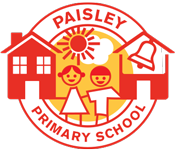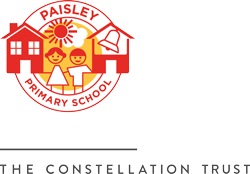

Our HISTORY curriculum
Intent
The history curriculum at Paisley Primary is taught around a set of key concepts and second order concepts, which is delivered over a two-year cycle. A range of key concepts are explored through each historical unit and provide lenses through which to consider different aspects of history. These concepts are revisited through different historical periods as children move through the school to deepen their understanding.
Units are planned chronologically across the school, and include strong, rich historical links to our local area. Second order concepts are taught and applied through each unit of history and build progressively as pupils move through the school. Pupils will also explore some of these second order concepts through other curriculum subjects.
The history curriculum makes full use of resources within the immediate and wider local area enabling children to develop a deep understanding of the rich history of their locality through a progressive Hull curriculum.
Implementation
History is taught progressively across the mixed year groups and delivered over a two-year cycle so that children achieve depth in their learning. A history progression document identifies the key knowledge of each unit taught at Paisley Primary. In addition, subject specific vocabulary is presented alongside key events and sticky knowledge via knowledge organisers in pupils history books.
At Paisley Primary, reading is at the core of the curriculum and enhances history further through high quality texts. Therefore, cross curricular outcomes in history are specifically planned for, with strong links through a themed approach to enabling further contextual learning. Within our knowledge-rich approach, there is a strong emphasis on key local historical figures and the history of our local area. Opportunities to enhance learning both inside and outside the classroom are embedded in practise as teachers plan units of work. Visits to the local Carnegie centre, pop up exhibitions provided by the Hull Curriculum service and well as guest speakers all help to further children’s understanding. Consideration is given to how greater depth will be taught, learnt and demonstrated within each lesson, as well as how learners will be supported in line with the school’s commitment to inclusion. Outcomes of work will regularly be monitored to ensure that they reflect a sound understanding of the key concept and end of unit big questions will identify children’s understanding and interpretation of their learning.
End Points
By the end of EYFS, children will know the meaning of new and old. They will begin to compare past and present events in their own lives, those of their families and other people they know. They will also be able to sequence events using language relating to time.
This will be built upon further in KS1 as children develop an awareness of the past and know where the people and events they study fit within a chronological framework. They will be able to make comparisons by identifying similarities and differences between life in different historical periods and recall some significant people from events beyond living memory.
By the end of KS2, children will have developed a chronologically secure knowledge and understanding of British, local and world history, noting connections, contrasts and trends over time. They will be able to use the appropriate historical vocabulary to describe change, cause, similarity and difference when discussing significant historical periods, events or people and construct informed responses that involve thoughtful selection and organisation of historical information.
Impact
Outcomes in curriculum and English books, evidence a broad and balanced history curriculum and demonstrate the children’s acquisition of identified key knowledge and vocabulary, which in turn reduces the word gap in disadvantaged children and children with English as an additional language. Emphasis is placed on analytical thinking and questioning which helps pupils gain a coherent knowledge and understanding of Britain’s past and that of the wider world and are curious to know more about the past. Through this study, pupils learn to ask perceptive questions, think critically, weigh evidence, sift arguments, and develop perspective and judgement. Regular heritage projects provide further relevant and contextual learning, engaging members of the community in children’s learning and providing positive role models from the community for children to learn from.
Further information
